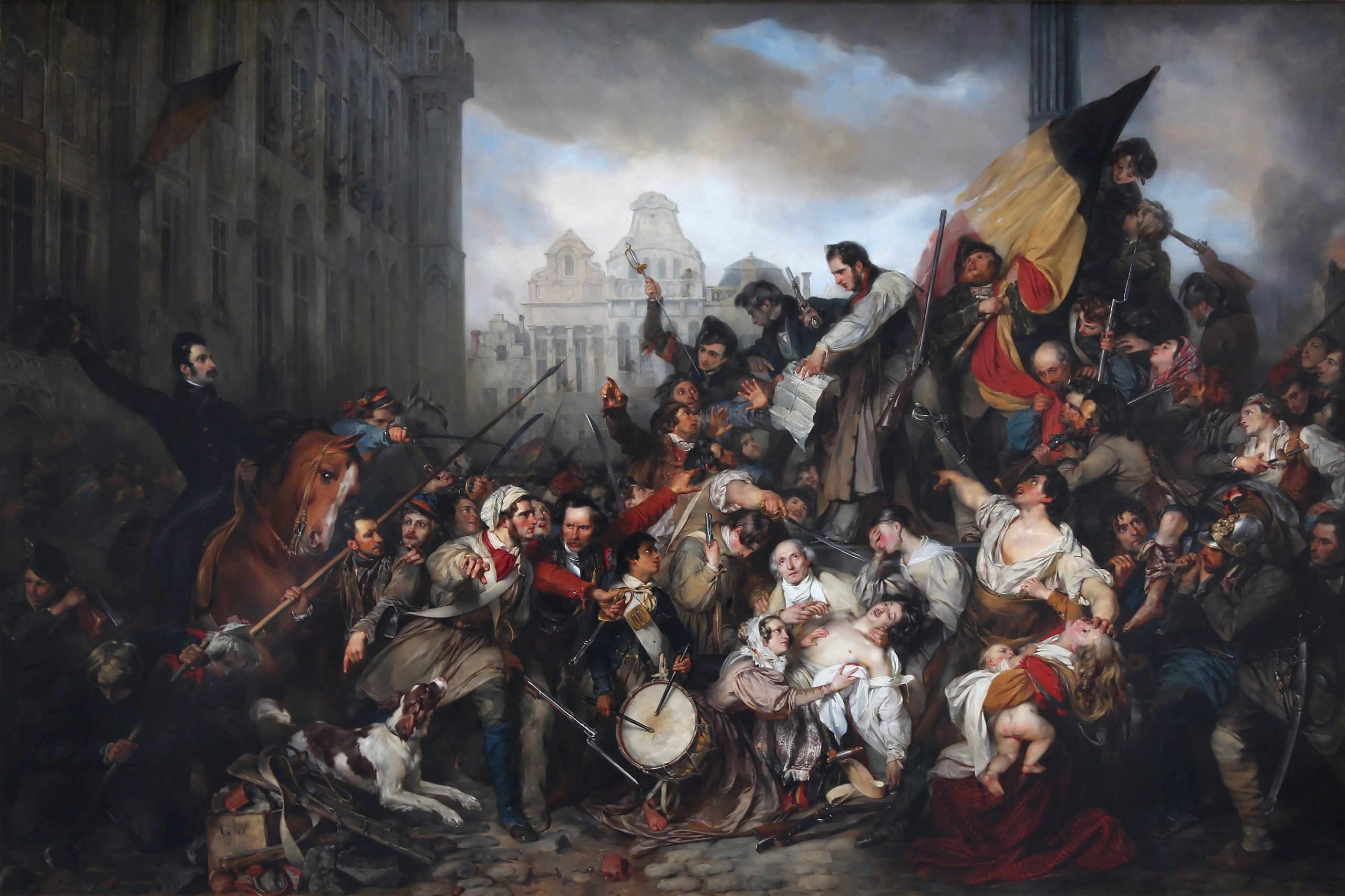preahvihearhotel.com – “The Art of War” is an ancient Chinese military treatise attributed to Sun Tzu, a military strategist and philosopher who lived during the Eastern Zhou period. This seminal work, composed of 13 chapters, has been a cornerstone of military strategy for centuries, offering profound insights into the nature of conflict and the principles of warfare. Despite its ancient origins, the lessons contained within “The Art of War” remain remarkably relevant, transcending the battlefield to inform decision-making in various domains, including politics, business, and even sports.
The Art of War and Its Universal Principles
Sun Tzu’s treatise is renowned for its emphasis on the importance of intelligence, adaptability, and the strategic use of resources. Key concepts such as the importance of knowing oneself and the enemy, the value of deception, and the principle of winning without fighting, have been universally recognized as timeless wisdom. These principles are not only applicable to military engagements but also offer valuable insights into the dynamics of conflict and competition in broader contexts.
Application to Historical Conflicts in Belgium
Belgium, a country with a rich and complex history, has witnessed numerous conflicts that can be analyzed through the lens of Sun Tzu’s teachings. From the Burgundian Wars in the 15th century to the more recent World Wars, the strategic principles outlined in “The Art of War” provide a framework for understanding the motivations, strategies, and outcomes of these historical conflicts.
For instance, the concept of “knowing the enemy” can be seen in the meticulous planning and intelligence gathering that characterized the Belgian resistance during World War II. Similarly, the principle of “winning without fighting” can be applied to the diplomatic maneuvers and alliances that have shaped Belgian history, such as the negotiations leading to the Treaty of Utrecht in 1713.
Conclusion
“The Art of War” by Sun Tzu is more than a military manual; it is a philosophical treatise on the nature of conflict and strategy. Its relevance extends far beyond the battlefield, offering insights that are applicable to a wide range of historical conflicts, including those in Belgium. By understanding the universal principles of strategy outlined in this classic work, we can gain a deeper appreciation of the complexities of war and the dynamics of power and conflict throughout history.
